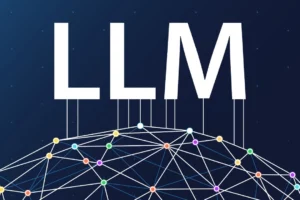Deepfakes – synthetic media that distorts reality through manipulation – are evolving at a rapid pace. While early deepfakes focused on creating visual illusions, audio deepfakes powered by AI voice cloning technology now enable the synthesis of personalized voices that sound uncannily real.
This development signals an inflection point that necessitates urgent policy conversations around ethical AI development, accountability, and maintaining public trust in information.
The Machines Find Their Voice: Understanding Personalized Voice Cloning
Voice cloning utilizes advanced deep learning models that are trained on recordings of an individual’s voice. These models can then generate new synthetic speech that mirrors the person’s unique pitch, tone, cadence, and accent with remarkable accuracy.
Potential Benefits
In the right context, this technology holds significant promise:
- Enhancing accessibility for people with speech disabilities
- Personalizing customer experiences through branded AI assistants
- Preserving voices of historical figures
Sinister Applications
However, in the absence of oversight, voice cloning technology threatens to undermine trust:
- Impersonation attacks resulting in fraud or reputation damage
- Manufacturing evidence by manipulating audio
- Automating coordinated disinformation campaigns

Policy Challenges Posed by Deepfakes
The weaponization of deepfakes poses complex policy questions:
Defining Acceptable Usage
What constitutes ethical voice cloning, and how can policy preserve legitimate applications while banning malicious ones?
Establishing Accountability
With AI accelerating content creation and dissemination across borders, determining culpability remains hugely difficult.
Achieving International Alignment
Coordinating regulations across different nations with varying contexts and priorities is critical but highly complex.
Exploring Potential Safeguards
Multiple strategies are emerging to address this challenge:
Digital Authentication
Embedded audio watermarks help flag synthetic content and maintain data integrity.
Public Awareness Initiatives
Educating people to critically assess media authenticity is crucial to prevent manipulation.
Policy and Legislation
Laws that criminalize malicious deepfakes while enabling positive applications will establish key ethical guardrails.
Navigating the Crossroads
The advent of personalized voice cloning marks a pivotal juncture with influential ramifications across society. Addressing this reality demands a collaborative response prioritizing transparency, accountability, and responsible innovation.
Through continuous dialogue between policymakers, researchers, tech companies and the public, we can develop balanced frameworks to mitigate risks and fully realize the technology’s benefits.
The future remains unwritten. Guided by ethical considerations and collective wisdom, we can author one built on trust.
















Add Comment